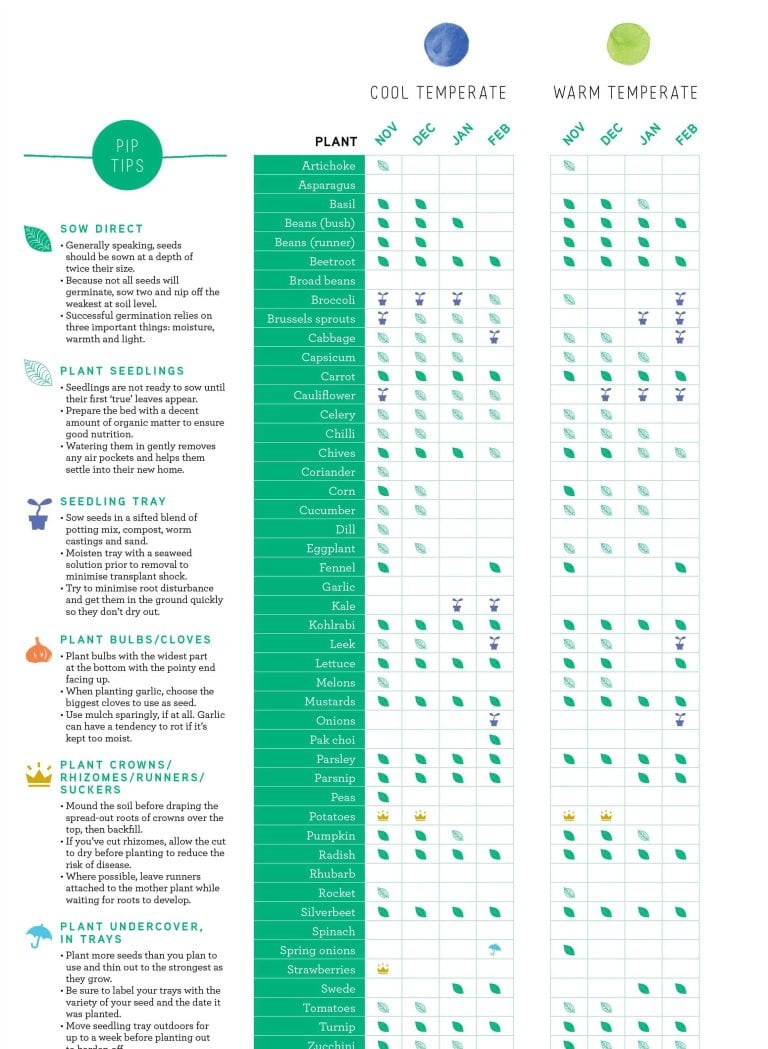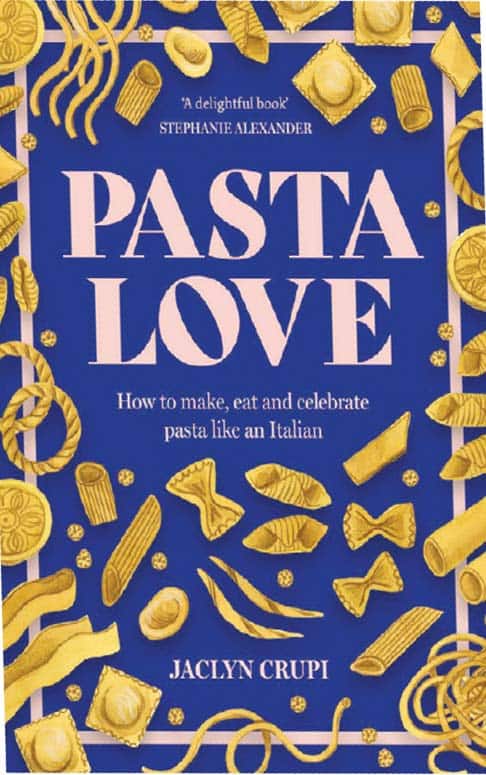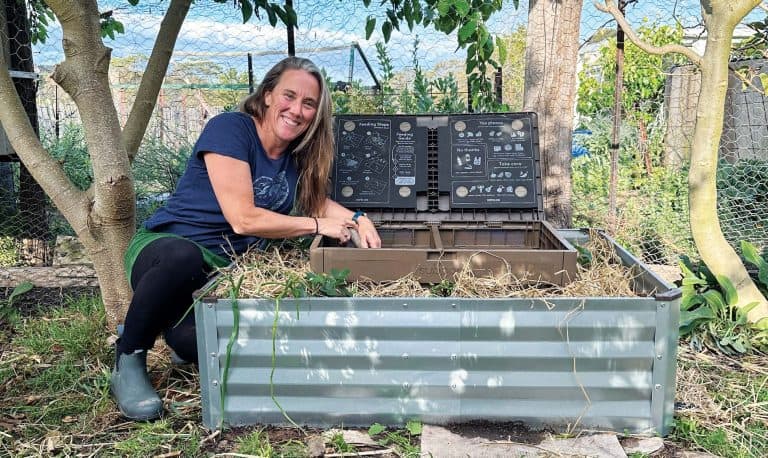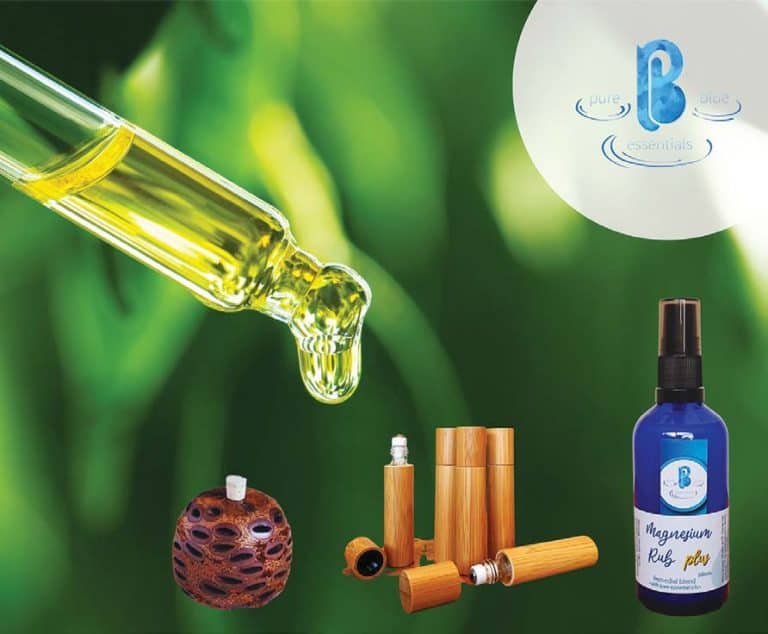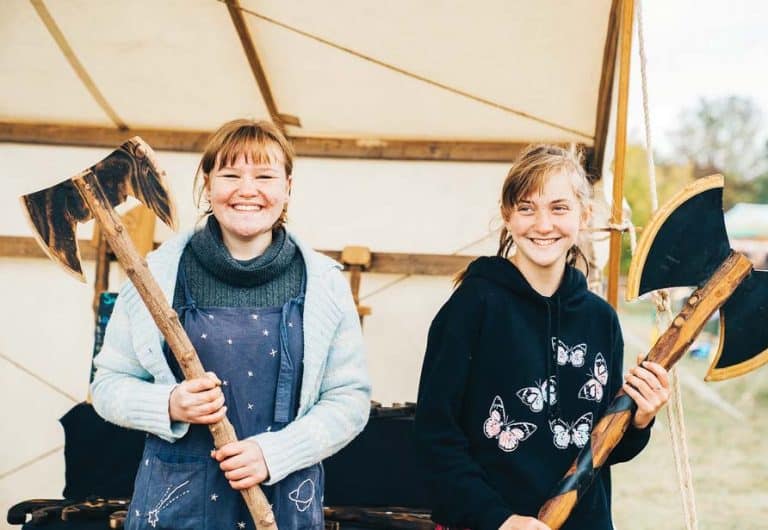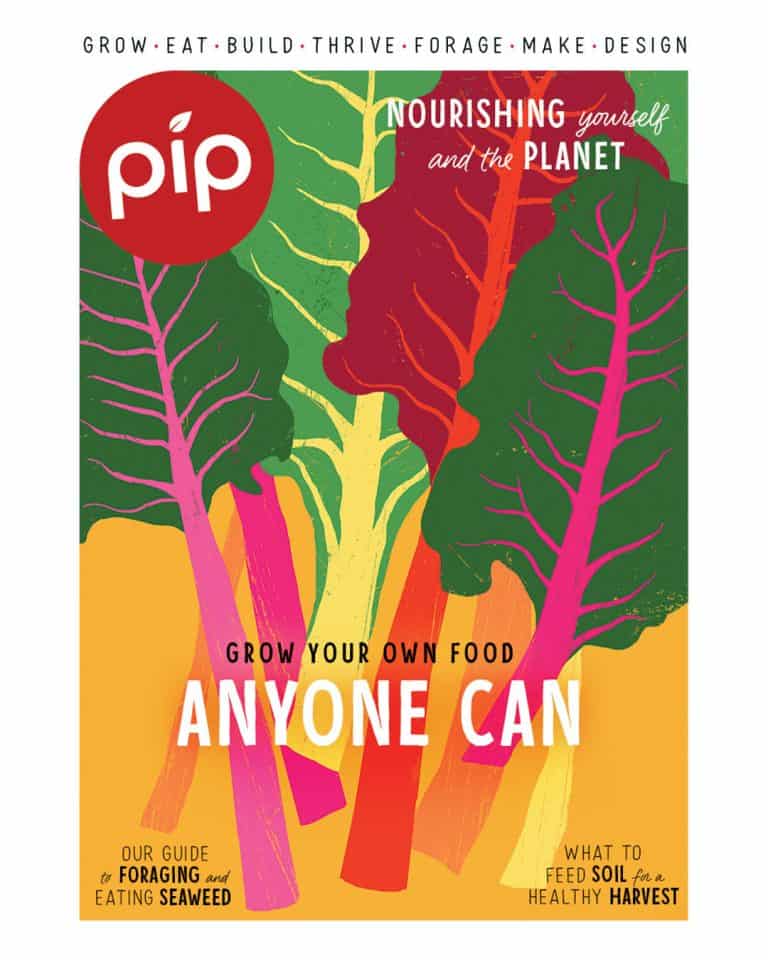URBAN FORAGING – Loquat
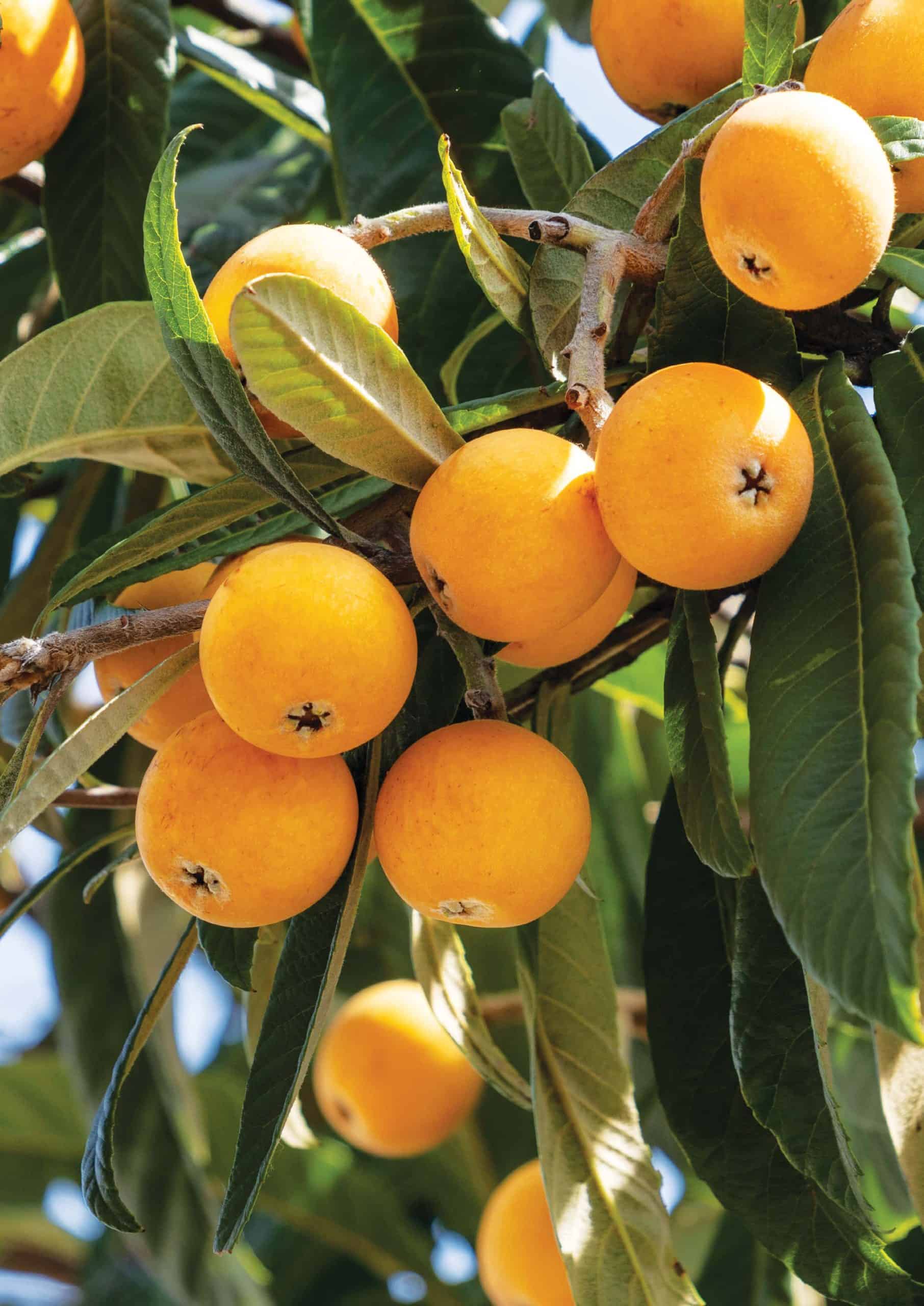
Once a popular Australian backyard tree, loquats fell out of favour over a decade ago. However, you can still spot a branch of a mature loquat hanging over a fence, laden with fruit and ripe for the picking.
This evergreen tree is a feature in any garden with its dark-green glossy leaves but this time of year it will supply you with an abundance of bright golden-coloured fruit that can be enjoyed fresh from the tree or preserved.
A member of the rose family, loquat (Eriobotrya japonica) is a very versatile plant but as it is an early fruiter, take care to manage its bounty – fallen fruit could provide a nursery for fruitfly populations.

